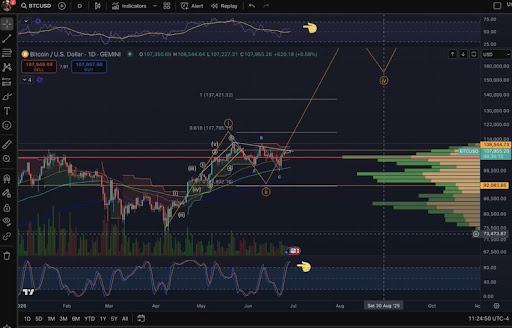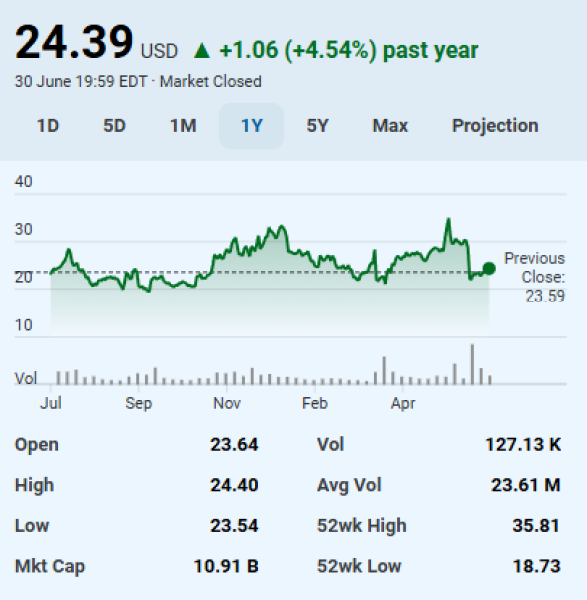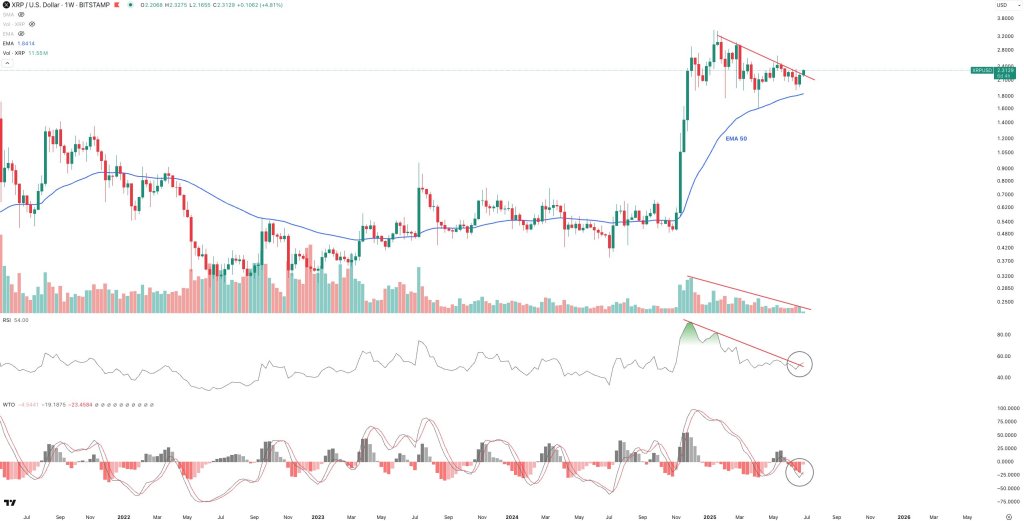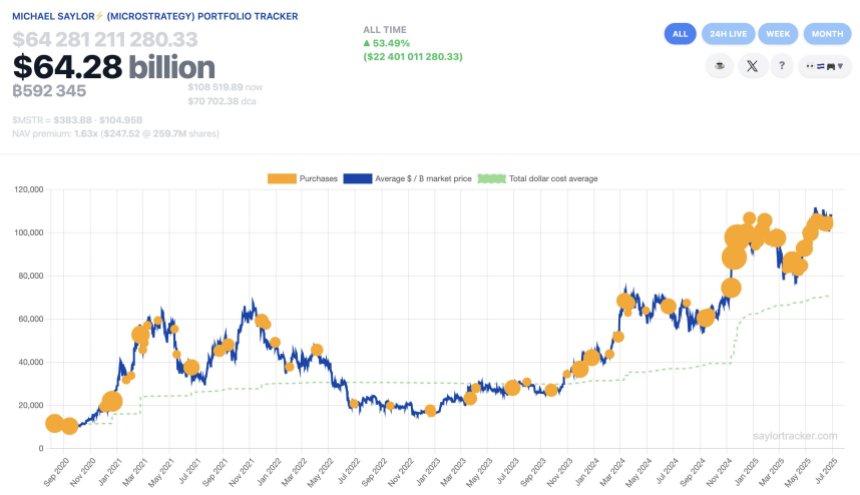
People invest in real estate to build their assets. However, non-transparency in the transaction process can turn that asset into a liability at any moment. That’s the reason why buying and selling real estate is considered one of the most complex transactions. There are mediators like brokers and real estate agents to smoothen the process for you, but the risk factor remains. Why? Because of a lack of transparency and accountability.
However, technology has a solution for every problem, and real estate is no exception. Just like healthcare, banking, food, etc., the real estate industry has to gain a lot from the implementation of blockchain technology.
PROBLEMS WITH THE REAL ESTATE INDUSTRY
Given under are the common problems that have been plaguing the real estate industry for a long time.
1. Firstly, there are a lot of liabilities attached to a real estate investment. Issues related to citizenship, credit score, financing, accreditation, international bank accounts, etc., always stand as barriers to potential real estate investors.
2. Secondly, there is a severe lack of transparency in the real estate sector. This leads to a high level of corruption like tax evasion and money laundering.
3. Thirdly, in the case of international real estate investment, different fees need to be paid, such as the exchange fees, transfer fees, investment fees, broker fees, etc. the involvement of so many mediators makes it a very expensive process, weighing heavy on a person’s finances.
4. Fourthly, real estate investments are very difficult to liquidate or converted into cash.
5. Lastly, buying and selling a property can be very time-consuming.
WHAT BLOCKCHAIN HAS TO OFFER?
Blockchain can simplify overcomplicated real estate transactions by several counts. The distributed ledger technology comes with the three prime properties, which are:
– Decentralization
– Transparency
– Immutability
Meaning that multiple individuals own the data inside the blockchain. Everyone within the network can see what is stored inside it, tracing right back to its origin. Blockchain comes with immutability, which means all the data inside a single block cannot be tampered with.
Blockchain utilities like smart contracts and tokenization can be a boon to the real estate industry.
SMART CONTRACTS
These are automated contracts that are self-executing and have particular instructions written in code form, which gets executed when certain requirements are met. Smart contracts are made on a blockchain, making them transparent and immutable. The use of smart contracts can simplify real estate transactions by eliminating all the mediators, saving a lot of money. This will also minimize the usual time taken in the execution of a real estate transaction. Lastly, smart contracts can protect property owners from fraud and scams. The blockchain will have all the authentic digital details related to the ownership and other relevant documents. Since these are immutable, no one can tamper with the digital documents.
TOKENIZATION
Tokenization is the process of digitization of value, asset, and function. Blockchain technology helps in the tokenization of real-world assets. The great thing about tokenization is that it allows fractional ownership allowing multiple individuals to hold the property token and be co-owners. Real estate becomes an investment ground, not just for the rich. Tokenization also increases the liquidity of a property. One can go and liquidate the property tokens anytime they want. Instead of investing in a single property, one can invest in multiple properties by buying fractions of it via tokens.
Blockchain technology opens up a lot of avenues for the real estate industry as a whole and the investors of varied portfolios.




